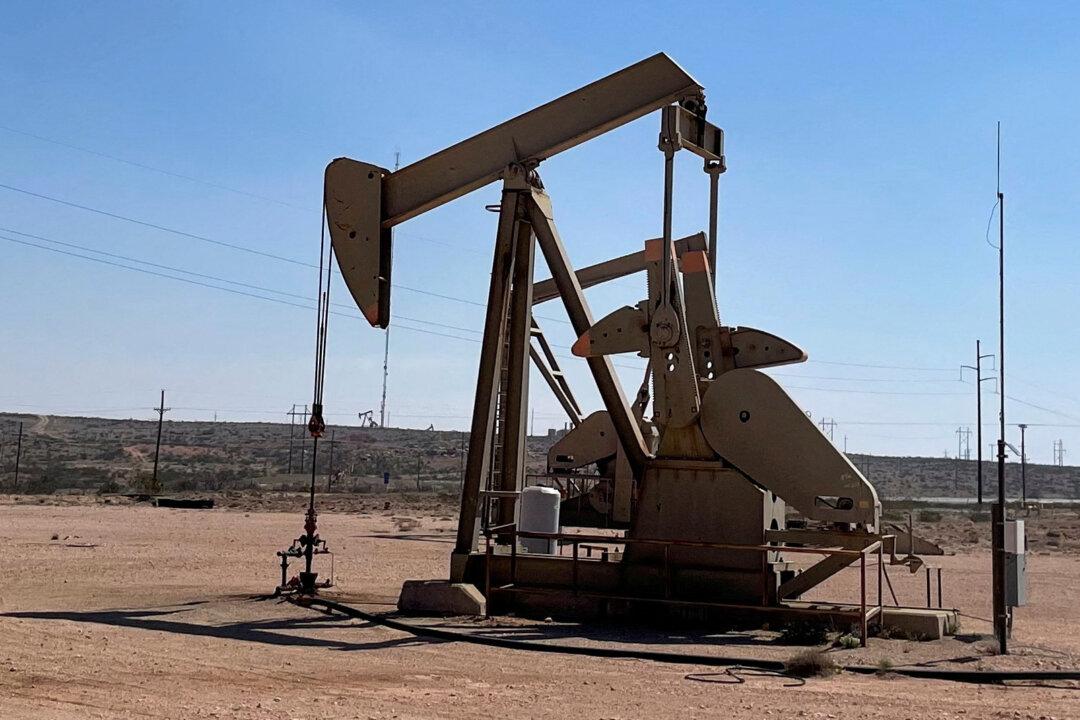The Department of Energy (DOE) on May 12 proposed to eliminate or roll back 47 regulations in what it called the first step in America’s “largest deregulatory effort in history.”
The move is expected to save the nation $11 billion by eliminating regulations that it said were “driving up costs” and “lowering quality of life” for the people, according to the department.





